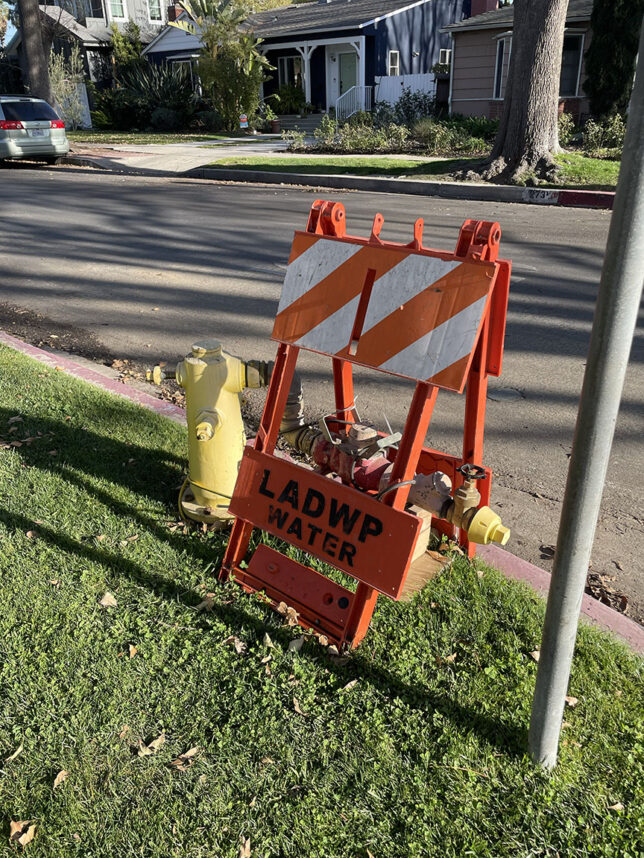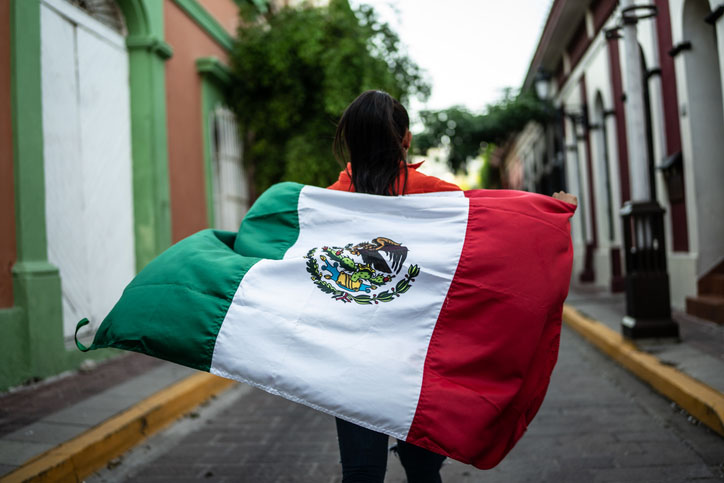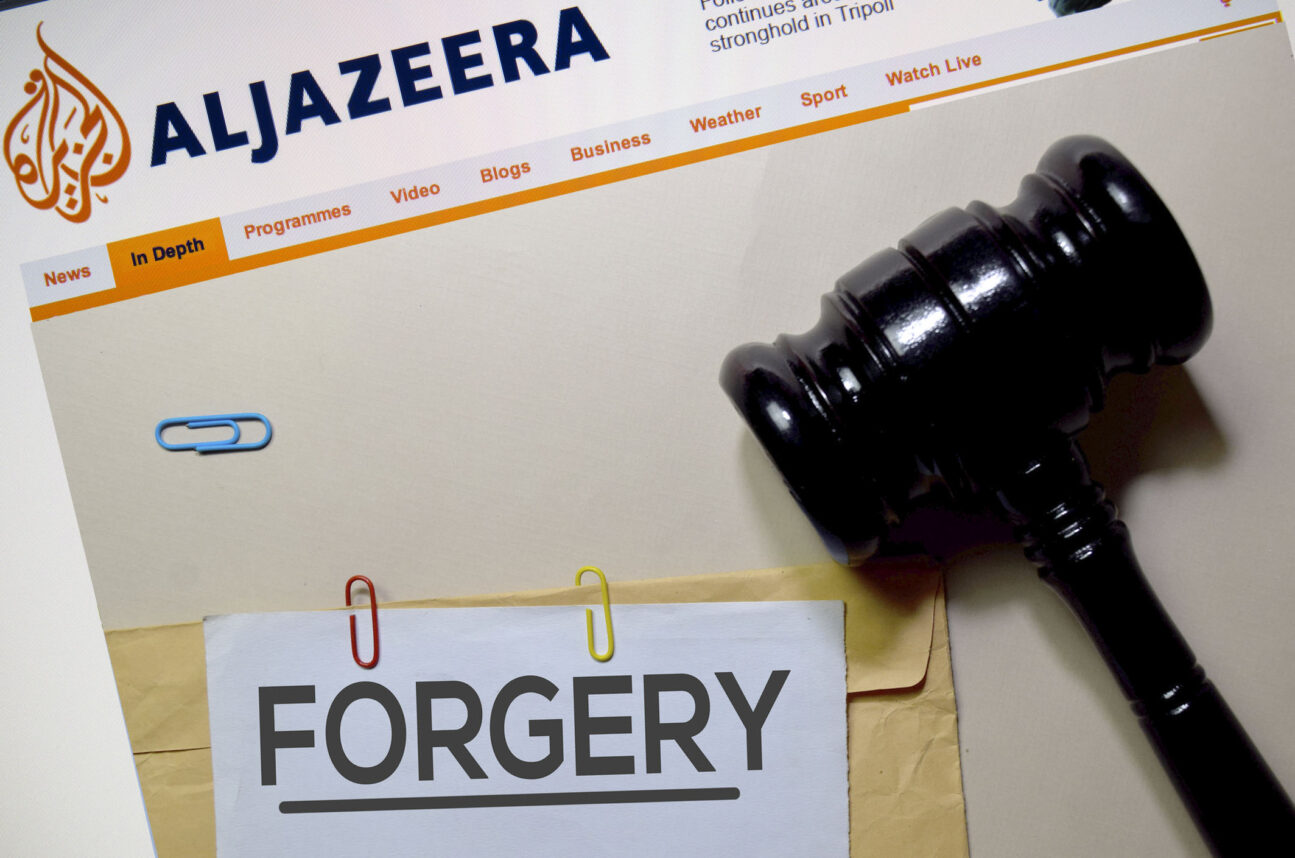
The Israeli law that gives the state-mandated Orthodox rabbinate a monopoly over marriages of Jews in Israel is headed to the dustbin. It’s becoming a dead letter, an anachronism. This will happen regardless of election results, regardless of what the ultra-Orthodox parties say or do, regardless of what the coalition agreement mandates, regardless of the “status quo,” regardless of campaign promises. The age of rabbinate-mandated marriage is over because the public says it’s over. The Knesset, fashionably late, might decide to address the changes that already happen in the real world. Or not. I’m no longer certain it matters.
Why write about this topic now? Because analysis of up-to-date data reveals three things, and because Israel goes to the polls in 10 days amid a great debate about state-religious issues. Unfortunately, not even voters understand that some things aren’t determined by legislators and ministers. They are determined by the people.
Here is my proof:
First, support for relaxing laws governing the marriage market is widespread. Survey data published by Hiddush (an activist nongovernmental organization) clearly indicates that the only members of the public who oppose it are religious Israelis, who are still a minority. The wording of the question posed to Israeli Jews was: “Marriage and divorce of Jews in Israel is carried out only by Orthodox law. Do you support or oppose Israel recognizing all types of marriage, including Conservative, Reform or civil marriage?” Sixty percent of Likud voters support such marriages; 94% of Blue and White voters support such marriages.
The second issue clarified in the past few weeks is that a growing number of Israelis already are voting with their feet on this issue. The Central Bureau of Statistics released new data that reveals about 35,000 Jewish couples were married by the rabbinate in 2017. In the same year, another 8,000 couples married outside of the rabbinate — some in Cyprus, some in the Czech Republic or the United States. So, the number of ceremonies abroad is already close to one-fifth of all weddings of Israeli Jews. At the same time, the number of Israelis who don’t even bother to legally marry also has risen.
The third fact that’s important to know is that secular Israelis of the younger generation don’t want to hear about rabbinate-mandated marriage. Not all of them, of course, but a lot. If I were the chief rabbi of Israel, I would look at the data with great anxiety. The rabbinate has a product to sell. It is the only institution legally allowed to sell this product. And yet, people aren’t buying it.
If the secular half of the public turns its back on the rabbinate, all the known arguments for the exclusivity of a rabbinate-mandated route — the most common of which is the need to maintain the unity of the people — collapse. I suspect they have already collapsed.
Data from the Jewish People Policy Institute indicate two parallel phenomena leading to that presumed collapse. First, the parental generation is losing its interest in marriage through the rabbinate. That is, the assumption that when the children of Israelis decide to revolt against the rabbinate, their parents will pressure them back into submission no longer holds.
More important is the young generation’s tendency. The younger the (secular) Israeli, the less inclined he or she is to marry through the rabbinate. In other words it reveals that the rabbinate has no real chance of maintaining its monopoly for another generation. Yes, it can maintain it formally, legally. It can claim to maintain it. It can pretend to maintain it. But practically speaking, the rabbinate monopoly over marriage in Israel is over.
Shmuel Rosner is senior political editor. For more analysis of Israeli and international politics, visit Rosner’s Domain.
Shmuel’s book, #IsraeliJudaism, Portrait of a Cultural Revolution, is now available in English. The Jewish Review of Books called it “important, accessible new study”. Haaretz called it “impressively broad survey”. Order it here: https://amzn.to/2lDntvh























 More news and opinions than at a Shabbat dinner, right in your inbox.
More news and opinions than at a Shabbat dinner, right in your inbox.